Property taxes come around every year. They’re based on the county government’s assessment of your property’ value, multiplied by the local tax rate. Given the fact that property taxes are an annual expense for home and business owners, you’d think that there was a higher than likely chance that the amount being assessed would be accurate. Unfortunately, that’s not always the case. Too many homeowners are overpaying on their Cobb County tax burdens. Thankfully, there are ways around this. What do you need to know as a Cobb homeowner or business owner?

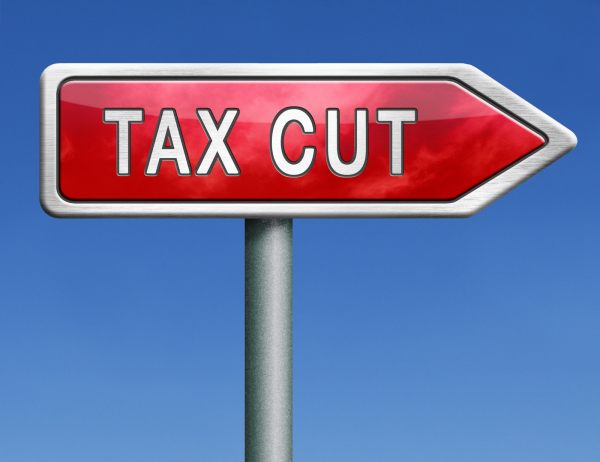
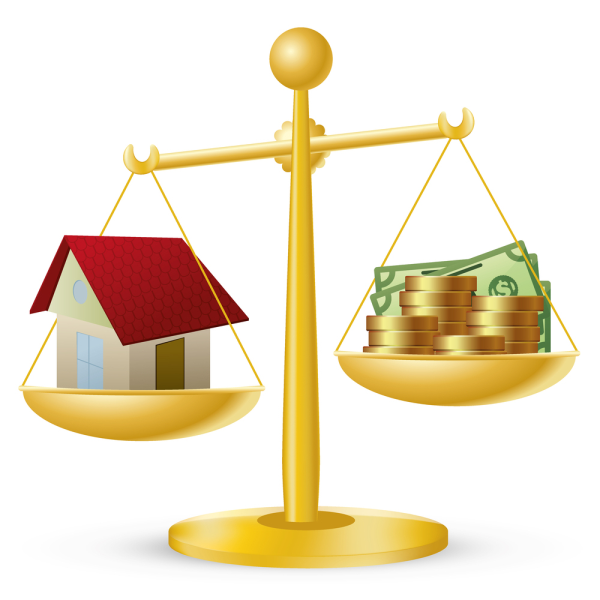
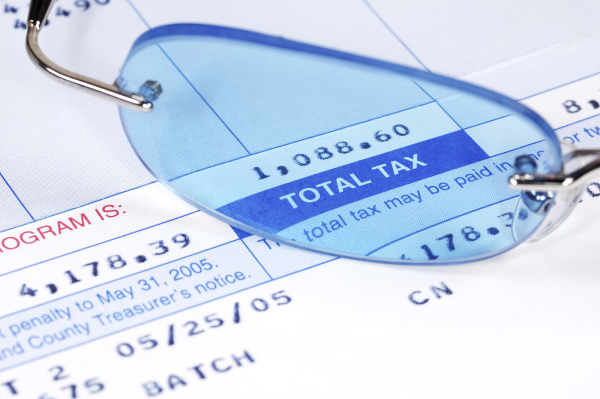
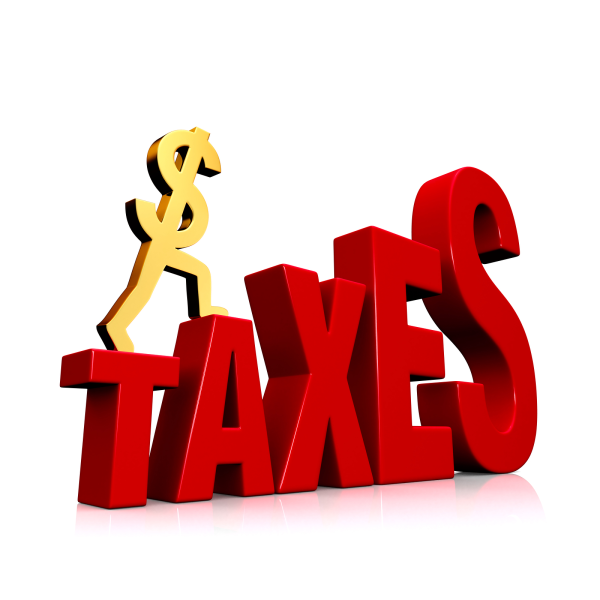
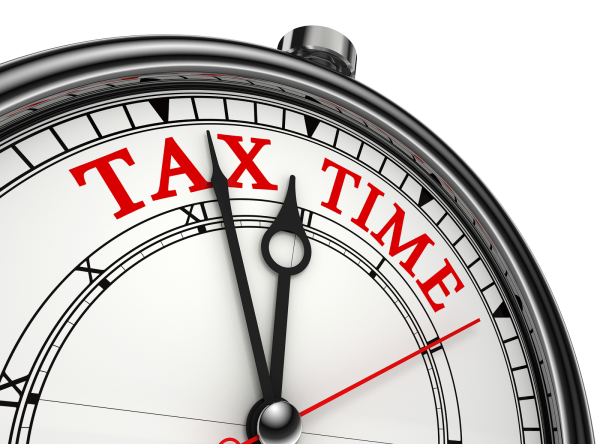


.jpg)




